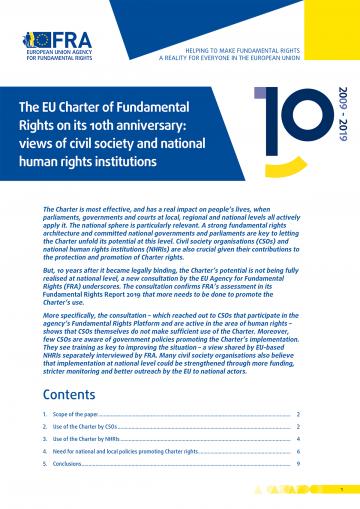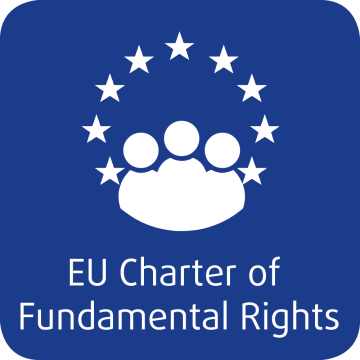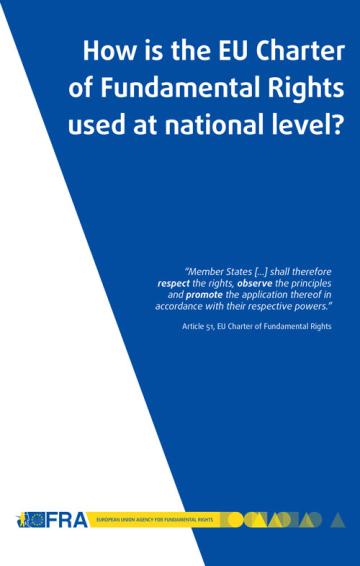
The EU Charter of Fundamental Rights on its 10th anniversary: views of civil society and national human rights institutions
But, 10 years after it became legally binding, the Charter’s potential is not being fully realised at national level, a new consultation by the EU Agency for Fundamental Rights (FRA) underscores. The consultation confirms FRA’s assessment in its Fundamental Rights Report 2019 that more needs to be done to promote the Charter’s use.
More specifically, the consultation – which reached out to CSOs that participate in the agency’s Fundamental Rights Platform and are active in the area of human rights – shows that CSOs themselves do not make sufficient use of the Charter. Moreover, few CSOs are aware of government policies promoting the Charter’s implementation. They see training as key to improving the situation – a view shared by EU-based NHRIs separately interviewed by FRA. Many civil society organisations also believe that implementation at national level could be strengthened through more funding, stricter monitoring and better outreach by the EU to national actors.





